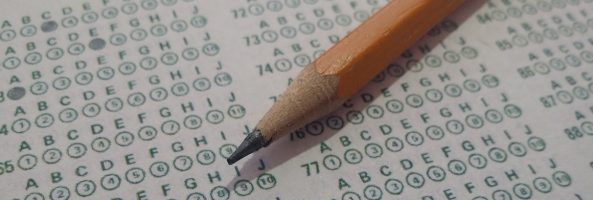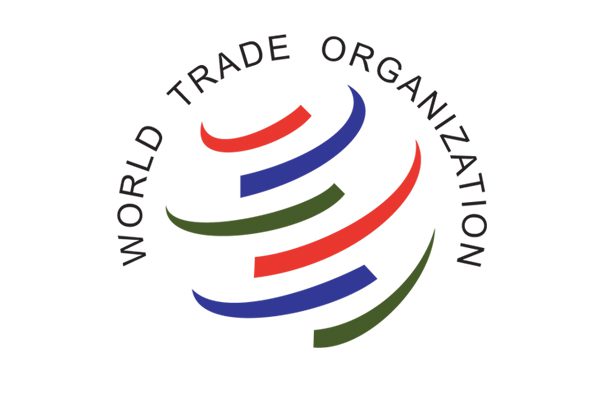Los Angeles MBA Programs without GMAT/GRE Requirements

Applying for an MBA program is an involved process. You have to fill out the application, write essays, ace an interview, develop a “killer” resume, and ask for stellar letters of recommendation. It’s a more involved process than any job application or interview and how well you do can affect your life and job prospects for years to come. Worse yet, most programs also require the GMAT or GRE, increasing your workload and stress exponentially. Continue reading…
Booth Professor Wins Award For Top Doctorate Paper

Jonathan Dingel, assistant professor of economics at the Booth School of Business, has received the 2014 World Trade Organization Essay Award for Young Economists.
Dingel won the award for “The Determinants of Quality Specialization,” a paper that examines why high-income locations tend to manufacture high-quality goods. In the paper, Dingel assessed two competing theories that could explain this pattern. What he found was that the composition of local consumers’ income levels plays as large a role as local manufacturing workers’ skills in determining manufacturing quality across U.S. cities.
“The evidence suggests that market access plays an important role in quality specialization. I’m absolutely delighted that the WTO has chosen to honor my work on this topic,” Dingel said.
To be considered for this honor, papers must focus on trade policy and international trade cooperation issues. In addition, authors must either be working toward a doctorate or no more than two years past having received a doctorate. Dingel’s paper was written while he was working on his Doctorate at Columbia University.
“This paper addresses a central question in trade theory in an extremely competent way and has potentially important trade policy implications,” The selection committee said.
“This paper is part of a broader research agenda in which co-authors and I are exploring what causes different kinds of people and different kinds of businesses to choose different locations. Those choices have consequences for trade, growth, and inequality,” Dingel said.
